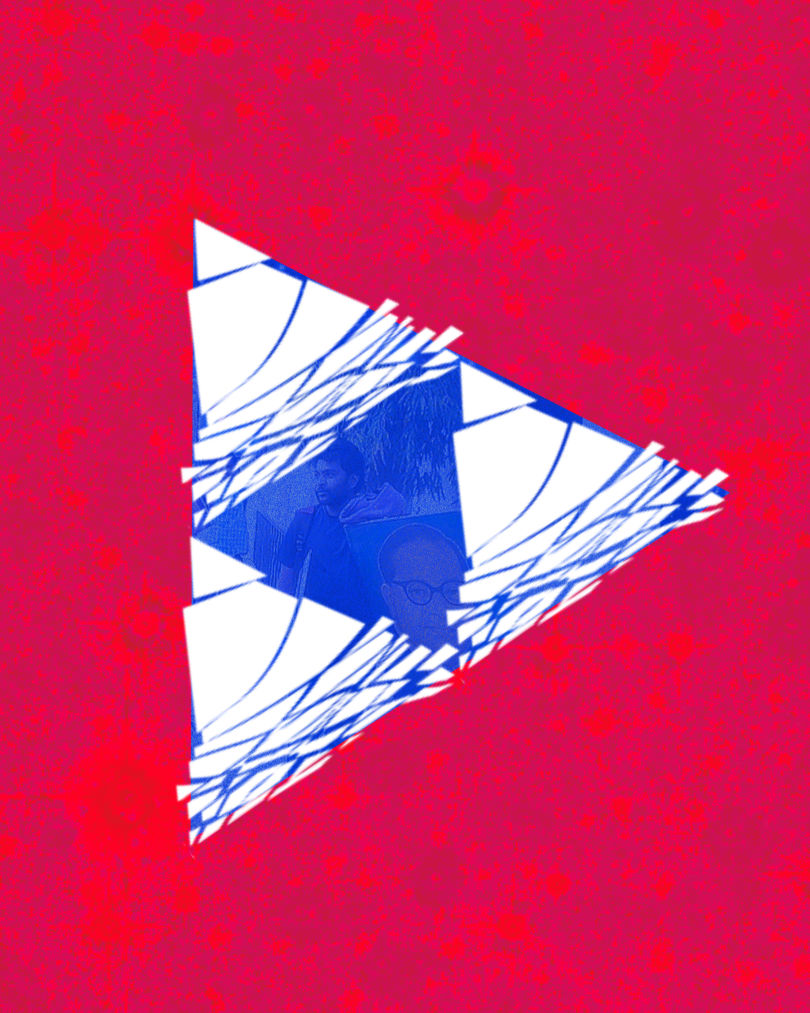— Late Rohith Vemula
This year in July, when a news portal on instagram posted about another suicide of a SC student in the premier Indian Institute of Technology (IIT), Delhi, many of the "General Category" peers from the university gathered in the comments section to highlight that it is the quota system that led to this death. Many of them echoed the similar set of concerns over the alleged inability of SC students to cope with the curriculum and institutional culture once they get admission because of the reservations. "…a student coming from reservations simply doesn't have what it takes to compete…" read one of the comments. Although it is no shocker to see savarna students go about life as if Vedas prescribe them anti-reservation chants five times a day, the fact that most of these peers chose to blame reservations even on the death of a student does surprise a little.
DEATH
"You are asked about your JEE [Joint Entrance Exam] rank at every step of the way – while socializing, during the selection processes of projects and internships, often during placements. This is how one's 'category' [which is essentially caste] is judged and then their capabilities. Why should the rank of entrance exam matter more than the CGPA, if at all? People throw casteist remarks casually and it is hard to stand up to it many times because you are alone and you will be outcasted immediately. After a point, you begin to feel anxious and start avoiding spaces where you will be asked your rank and be ousted as it directly impacts the opportunities and acceptance that come your way."
– X, B.Tech Student, IIT Delhi*
Why then must an individual bear the responsibility of death; more so, why should reservations be blamed – which are one of the only systems in place to ensure that space? The burden of a student's death must lie with the university systems, administrative body, discriminatory practices of departments, teachers, peers, hiring companies and their collective failure to treat humans as humans— not just a category to be reduced to, but glorious minds made of stardust meant to expand; to facilitate those minds to make meaning, invent and re-invent, to grow. A student death on campus – and the rising statistics thereof – are a sign of a sick society, and a society that blames it on affirmative action – of a very dark age.
One wonders why this apathy exists — in living and in dying.
DIVORCE
"Campus elections here are generally dominated by undergrads. Their issues mainly focus on students' immediate concerns such as campus facilities, academic rules & regulations and so on. There is no place for caste in politics."
– Rahul Digamber Hajare, Masters Student & Leader, IIT Guwahati
This stands in stark contrast with many central Humanities Universities in India— at least in principle — where student politics engages with some depths of identity and ideological standpoints. Many savarna students in Humanities Colleges would even marry Marx and Ambedkar to say Lal Salam, Jai Bhim!
Why are Tech institutes paradoxically swinging between caste ignorance and caste based discrimination?
Is it because of an assumption that studying science does not allow one to explore the political side of things? Because JEE marks don't get you Marx if they get you big fat corporate packages? Or perhaps savarna students in tech, unlike Humanities, do not need social validation to produce work on Dalit bodies and to appropriate their works – so why acknowledge privilege – or reflect on it at all! Because there are 'important things' to talk about? Isn't a student death caused by institutional failure an important thing?
In an ideal world, the actual sciences ( haha ) wouldn't be an apolitical divorced partner of social sciences. Heck, in times of AI and Algorithms — when systemic discrimination and oppressive dominant narratives have made their way into big datasets, influencing mass knowledge and decision-making — tech is inherently political. It has always been.
DISSENT
"I was at Chaityabhumi on 6th December, when I realised that I did not receive any commemoration mail from the institute – like we do for other occasions. I brought back blue flags with me back to the campus. After coming back, I got to know that the institute organises Ambedkar Jayanti only for the sake of photographs that have to be submitted to the ministry, that too not on 14th April and without any student participation. It is mostly attended by the security personnel who are dressed as civilians for the photographs… Thus, in order to end that malpractice, we began organizing to hold a celebration in the institute, 10 days before Ambedkar Jayanti, on 14th April. There were Blue Jai Bhim flags, photos of Babasaheb and Buddha. We invited Ashok Saraswati ji, who is an Ambedkarite leader from Nagpur, to deliver a speech. About fifty people, mostly from the community, turned up for the event."
– Rahul Digamber Hajare, IIT Guwahati
In spaces like the IITs, where the space itself is denied or snatched away from marginalized students, the threat of violence is such that the act of embracing Babasaheb Ambedkar — which is an act of celebration and community, also becomes an act of dissent.
"In 2014, there was the institutional death of Aniket Ambhore, a Dalit student in IIT Bombay. In 2015, APPSC [Ambedkar Phule Periyar Study Circle] was started with the aim to engage with the issues of caste on campus. Ever since, APPSC has been active in protesting fee hikes, harassment of SC ST students and so; in demanding justice… In recent times, there has been a lot of clampdown from the administration. There are strict guidelines to not organize on campus… We [APPSC] primarily function as a study circle. Once in two weeks, we take up readings or excerpts with subjects around caste – from different perspectives. Last to last week, we did Shahu Patole's Dalit Kitchens of Marathwada. We wanted to invite him but now having an event on campus is very difficult. We do not get to book rooms. In general, there is a severe clampdown of space and academic freedom inside the campus."
– Z, PhD Scholar, IIT Bombay*
TO END
So,
What would a world – where science is political, and politics is scientific – would look like? Where our politics, our worldview isn't something we accept without a question or inquiry, and the horizons of what is scientific are ever expanding. Possibilities are endless, but I think of the Buddha, his Dhamma and the sangha. Buddha, for whom truth was what our sensations could bear witness to, not what has been revealed to us in the Vedas; for whom the mind and body did not occur as binary concepts but worked in consonance, united; who spoke of social good in the terms of Bahujan Hitaya, Bahujan Sukhaya. Perhaps that is why Dr. Ambedkar stressed on the "scientific", "rational" aspects of Buddha's Dhamma – even though the western conceptions of science and rationality came much later to Buddha. His vision of building a Prabuddha Bharat had embedded within it, a vision of building a science conscious society.
To be a science conscious society is to be rational. To be just. To promote equal opportunities and growth and not clamp down upon them. It is to not have science and society be divorced, or live in separate rooms. It is for them to go hand in hand, with love. It is to move towards freedom of mind — of glorious minds made of stardust.
*Name changed to protect identity.

